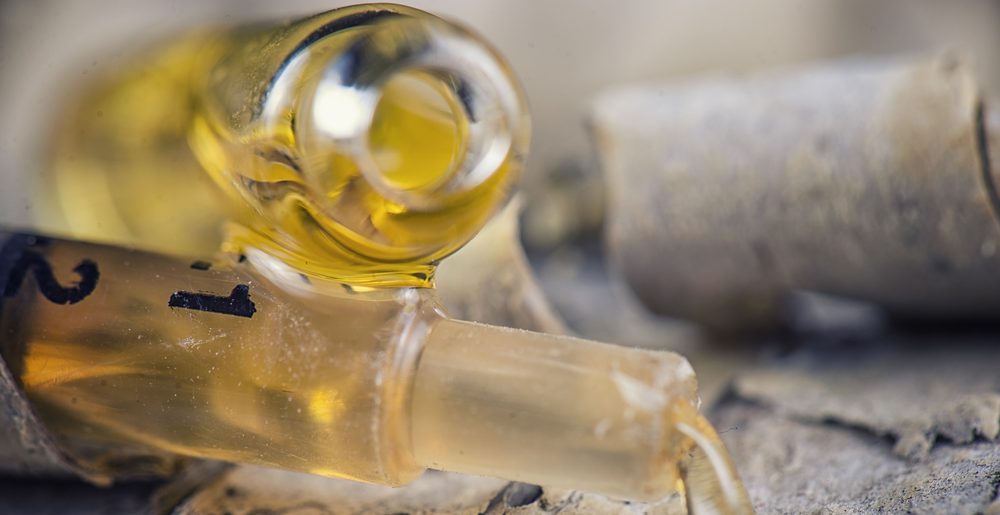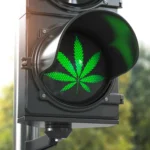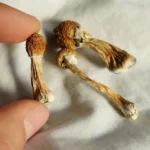HOW CBD OIL IMPACTS SLEEP?

When talking about CBD oil for sleep, it should be combined with THC as a treatment for sleep disorders like sleep apnea, insomnia, and nightmares associated with post-traumatic stress disorder. There are no clinical trials that have investigated how the use of CBD alone can solve sleep problems.
CBD doesn’t have profound effects. Some CBD studies found that a side effect of this treatment is drowsiness, which may be caused by CBD interlinking with some medications, such as anti-epileptic drugs.
How to take CBD safely
Due to a lack of clarification, it’s unreasonable to use CBD if you have trouble sleeping. But it would be best if you keep the tips below in mind.
First, discuss with the doctor.
It is a chemical entity, and CBD is a safe molecule with low toxicity. It can interlink with some medications, and you should ensure your doctor knows your current supplements and drugs.
Ensure brand credibility.
To find high-quality Canada CBD Oil products, you should purchase them by looking for a national brand with a good reputation.
Credible brands usually have websites that can offer certificates of analysis. These factors can be analyzed by checking the company’s home page, which shows an independent laboratory did that test. This tests the levels of THC, CBD, possible contaminants like heavy metals and pesticides, and cannabis compounds.
If it becomes difficult to find a certificate of analysis through the website, find a different brand. Companies may indicate that it uses good practices to do their manufacturing, symbolizing that manufacturing has been done per FDA standards.
Use a small dose and then slowly increase.
There is no consensus on the quantity and form you can take CBD. Experts advise that you should start low dosage to ensure that you take it well. You can now increase consumption until you feel the effect. Many studies on CBD show that you can take about 200 to 800 milligrams daily.
Good sleeping hygiene.
Doctors say if you find that low doses of CBD improve your sleep, it may be due to the placebo effect but not the CBD itself. Although that’s not necessarily bad, it is easy and economical to handle your insomnia by modifying your behaviour, such as avoiding TV until bedtime and reducing caffeine intake. A lot of light can also affect your eyesight.
Conclusion
CBD oil for sleep cannot wholly reduce insomnia, and it is advisable to visit a physician for instructions.






 D5 Creation
D5 Creation